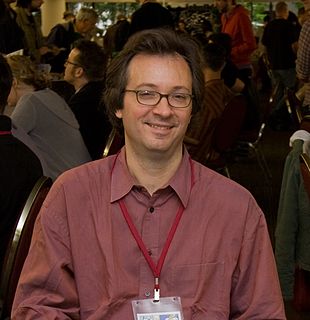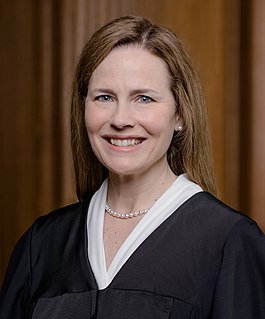A Quote by Thomas Huxley
It is wrong for a man to say that he is certain of the objective truth of any proposition unless he can produce evidence which logically justifies that certainty.
Related Quotes
It is wrong for a man to say that he is certain of the objective truth of any proposition unless he can produce evidence which logically justifies that certainty. This is what Agnosticism asserts; and, in my opinion, it is all that is essential to Agnosticism. That which Agnostics deny and repudiate, as immoral, is the contrary doctrine, that there are propositions which men ought to believe without logically satisfactory evidence; and that reprobation ought to attach to the profession of disbelief in such inadequately supported propositions.
To make our position clearer, we may formulate it in another way. Let us call a proposition which records an actual or possible observation an experiential proposition. Then we may say that it is the mark of a genuine factual proposition, not that it should be equivalent to an experiential proposition, or any finite number of experiential propositions, but simply that some experiential propositions can be deduced from it in conjunction with certain other premises without being deducible from those other premises alone.
It is not true that a man can believe or disbelieve what he will. But it is certain that an active desire to find any proposition true will unconsciously tend to that result by dismissing importunate suggestions which run counter to the belief, and welcoming those which favor it. The psychological law, that we only see what interests us, and only assimilate what is adapted to our condition, causes the mind to select its evidence.
Those who say they dislike dogma, or 'certainty', tend to be liars, hypocrites, or simply wrong. What they really dislike is the dogma of those they disagree with. A society that was certain, certain beyond all certainty, that putting its citizens in death camps was wrong, would never put people in death camps. Such things are only possible when you're open to new ideas.
All those formal systems, in mathematics and physics and the philosophy of science, which claim to give foundations for certain truth are surely mistaken. I am tempted to say that we do not look for truth, but for knowledge. But I dislike this form of words, for two reasons. First of all, we do look for truth, however we define it, it is what we find that is knowledge. And second, what we fail to find is not truth, but certainty; the nature of truth is exactly the knowledge that we do find.
Even if the absence of evidence for a given god were not evidence of its absence, it would still be evidence that the belief in that god is unreasonable. That's the only proposition that any atheist of any kind has to demonstrate in order to win the argument. Because anything beyond that... is just having fun.
Many people who call themselves deflationists are deflationists about propositional truth but not about sentential truth. I only ever mention that view to distinguish it from disquotationalism. I don't really have any objection to it, other than that I don't believe in propositions, so I don't think there's any such thing as a proposition's being true. Truth, on my view, is primarily a property of representations, such as sentences and certain kinds of mental states.
In Crash, you've got a pathological cop who at the end justifies police brutality. He tells the naïve, young cop that you're going to end up the same as him. He's the most sympathetic character in the movie. So, the naïve cop ends up murdering this Black kid and tries to cover up the evidence. It sort of justifies police brutality and the planting of evidence which is what happened in the O.J. Simpson case.




































